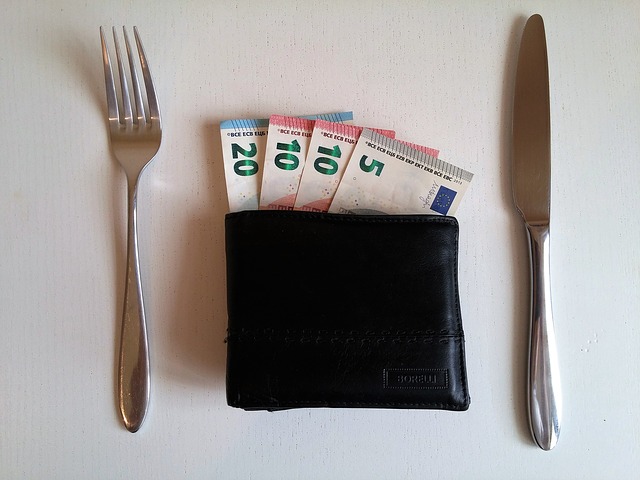 One of the most prestigious writing prizes has just been awarded. For the first time it’s gone to a writer from Northern Ireland. So far so good.
One of the most prestigious writing prizes has just been awarded. For the first time it’s gone to a writer from Northern Ireland. So far so good.
But as usual two things are putting me off reading a prize winning novel. OK, one thing puts me off reading, the other makes me think about privilege, which also puts me off.
First thing: this book is described as challenging to read, with few paragraph breaks or character names. So straightaway you know this is aimed at a particular set of readers. People with time and patience, yes, and who have the reading experience to interpret new forms of writing. In my mind that’s a pretty small group, and most likely an educated, literary-minded group. (I’ve read the first section of this book, and the teenage narrator has a fantastic, individual voice. It’s highly entertaining. But you really have to concentrate.)
Second thing, a comment made by the author in this article about her book in the Guardian newspaper. She said ‘her job as a novelist was “to show up and be present and attend. It’s a waiting process.” She “just had to wait for my characters to tell me their stories”.’
Well, bully for her. What’s she living off in the meantime?
When I hear complaints about the lack of different backgrounds in published authors, I think, this is partly why: most of us cannot afford to sit around hoping inspiration will strike. Working class writers have no cushion of wealth for when things go wrong, or don’t go at all.
In fairness this woman later said she can hardly believe, with the prize money, that she is suddenly solvent. I like her better for saying that. Mention of debt hints at how she has had to survive as a writer. But what if you are not in a position to accrue and maintain debt? Who is paying for the roof over your head?
Many, many people write part-time. They collect paying gigs here and there, in between non-writing work. For many it can only ever be a hobby, because of the sheer amount of time it takes to write something prize-winningly good. Poetry and lit fic – you’re lucky indeed if you can sustain yourself on these. Even those writing on the commercial side are in no way rolling in cash – median annual earnings of a writer in the UK being around £10,500 ($13,600). Put into perspective the median UK annual income is supposedly £27,000. And if you’re in an ivory tower and unsure, a pint of milk costs 50p).
Being a full time writer is a privilege. Historically a full time writer was a person with independent income writing literary fiction – or someone who worked like billy-o writing popular fiction.
I hope we’re entering a world where non-privileged writers, juggling multiple gigs to make ends meet, are not considered lesser for that. And for the vast majority, who cannot devote unpaid decades to cultivating their Muse, think of Jack London’s saying: ” You can’t wait for inspiration. You have to go after it with a club.”
– – – –
Man Booker Prize 2018 shortlist
Milkman, by Anna Burns
Ways to get inspiration

19/10/2018 at 17:10
This was such an interesting post. Thanks for offering your perspective.
I’m in the camp where I’m not a published novelist, not yet. I would certainly like to be. I have a full-time job. I was in school part-time for my second degree from 2012 until the end of 2017. I dedicate a lot of my spare time to my blog, and then what’s left I work on my fiction and exploring other ideas. That’s why I adore NaNoWriMo and Camp NaNoWriMo – I’ve been able to dedicate a lot more time to my fiction in those time periods. I’m very excited to do NaNoWriMo again in November for the first time in four years!